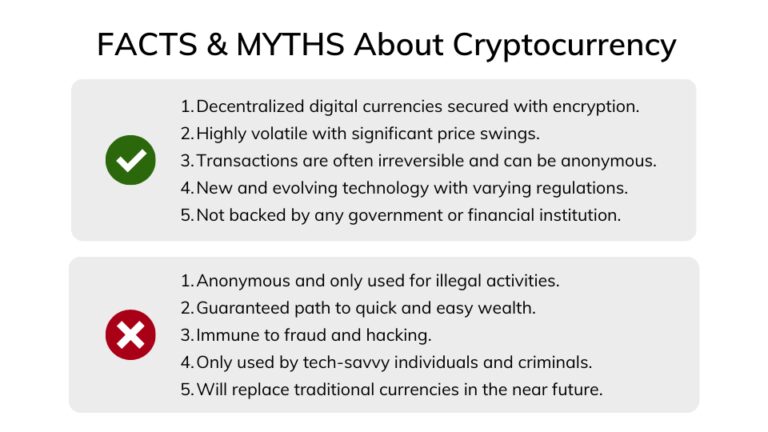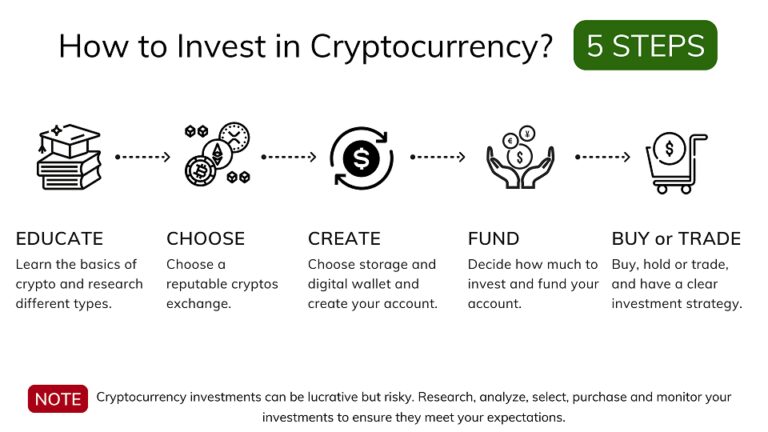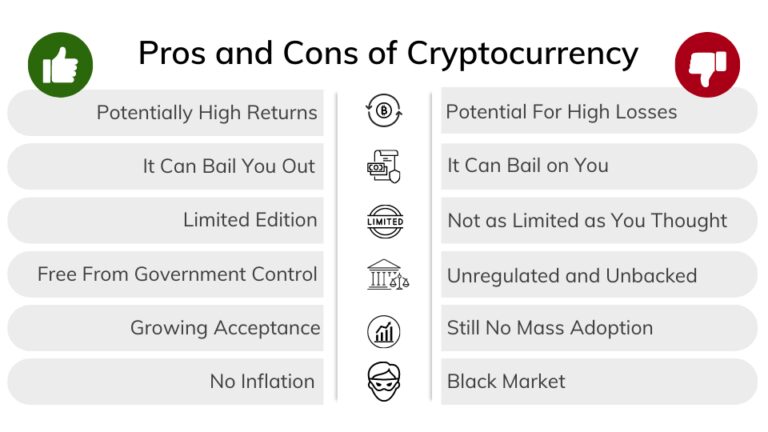Welcome to our comprehensive guide on ensuring security for your Non-Fungible Tokens (NFTs). Dive in to explore the top security practices and valuable tips from experts, and enhance your NFT experience in 2023 and beyond.
Non-fungible tokens (NFTs) have become a hot topic in the digital world, creating a new avenue for digital artists, creators, and collectors. NFTs are unique digital assets that represent ownership of a specific item, whether it’s a piece of digital art, a tweet, or virtual real estate. What sets NFTs apart is their non-fungible nature, meaning they cannot be exchanged on a like-for-like basis because each one has a unique value.
However, with the meteoric rise of this new digital asset class, certain security risks and challenges have emerged. One of the most significant security risks lies in the vulnerability of digital wallets used to transact NFTs. Hackers have grown increasingly sophisticated in their tactics, leading to instances where NFTs have been stolen from digital wallets. Additionally, the lack of regulatory oversight in the NFT market adds to the security risks, as nefarious actors could potentially manipulate the market.
Furthermore, issues such as fake listings, counterfeit NFTs, and fraudulent sales pose significant challenges to the security and integrity of the NFT market. With these increasing security challenges, it becomes essential for anyone involved in the NFT space to be knowledgeable and vigilant about potential threats.
We delve into these security challenges and market trends more extensively in our Unraveling the NFT Market Trends and Analysis article. Comprehensive understanding of these issues is key to protecting oneself in the digital art space. So, let’s turn the page and learn how we can navigate this exciting new digital frontier more safely!
In the fascinating world of Non-Fungible Tokens (NFTs), one vital element that ensures success in transactions is wallet security. Wallet security plays a pivotal role in NFT transactions due to the high value often associated with NFTs, and their irreplaceable nature. Unlike cryptocurrencies, NFTs are unique digital assets which carry intrinsic value and cannot be directly replaced, thus heightening the importance of having a secure wallet. Ensuring the safety of your NFTs within your wallet helps prevent unauthorized access and the potential loss of these unique digital assets.
There are multiple secure wallet options available for the safe storage and transaction of NFTs, such as Bitsler, 20Bet, and Megapari. These wallets provide not only standard security measures, typically including both private and public keys, but also offer additional layers of protection such as biometric identification, multi-signature requirement, backup and recovery mechanisms, and advanced encryption. This wealth of security options ensures that your unique NFT assets are well protected.
Bitsler, for instance, offers an advanced security system which includes two-factor authentication, an important feature that makes it harder for unauthorized individuals to gain access to your wallet. 20Bet, on the other hand, offers a cold storage solution, where your NFTs are stored offline, and thus are safe from any online hacking attempts. Finally, Megapari provides a multi-signature wallet, requiring more than one key to authorize a transaction, thus adding an additional layer of security.
The choice of wallet for your NFT transactions should not be taken lightly, as the safety measures provided by these wallets are key in protecting your valued NFTs. The right blend of wallet security features can fend off the unwanted attention of cybercriminals, allowing you to participate in the thriving NFT market with peace of mind.
To better understand the different wallet options and how they contribute to the security of your NFT transactions, you can refer to our Comprehensive NFT Wallet Guide. This guide provides an in-depth look at various NFT wallets, comparing their security features, ease of use, and other key considerations to help you make an informed choice.

With the exponential rise of non-fungible tokens (NFTs), the need for secure platforms to carry out NFT transactions has become unequivocally vital. As with any financial transaction, the platform through which these trades occur plays a crucial role in ensuring the safety and security of both the buyer and the seller. This chapter sheds light on some of the proven secure NFT trading platforms like MyStake, Rolletto, and Sportsbet.io and how they enshrine the security of NFT transactions.
Numerous NFT trading platforms have surged in the recent past, but not all provide the requisite levels of security. Here we delve into the features of some secure NFT trading platforms worth considering:
All the mentioned platforms employ different security measures to guarantee the safe trading of NFTs:
Security in the NFT space is of paramount importance and choosing platforms like MyStake, Rolletto, and Sportsbet.io can significantly mitigate the risks associated with trading NFTs. For an in-depth exploration into more secure NFT marketplaces, please refer to this Exploring the Top NFT Marketplaces article.

The rapid growth of the digital collectible marketplace—particularly in Non-Fungible Tokens (NFTs)—has highlighted the importance of security measures in protecting these virtual assets. One of the integral parts of this security infrastructure is the verification and authentication process of NFT transactions. As NFTs become increasingly popular and their value continues to rise, ensuring the authentication and verification of these assets is more critical than ever.
Distinguishing genuine NFTs from fraudulent ones can be challenging, especially for new or inexperienced investors. Verification and authentication play a vital role in ensuring that the NFTs being bought and sold in the market are legitimate, thus creating a safe trading environment. These processes provide an added layer of security, helping to ensure that the NFTs are not only unique but are also coming from the claimed source.
Verification involves confirming that the NFT was indeed created by the claimed creator. On the other hand, authentication is a process that validates that the NFT is the original and not a copy.
Several platforms have taken up the challenge of providing verification and authentication services, thereby enhancing the security measures in NFT transactions. Some of the well-known names in this space include Trust Dice, Fortunejack, and Thunderpick.
Trust Dice brings a unique approach to the verification process—integrating blockchain technology to provide a transparent platform for buyers and sellers. Meanwhile, Fortunejack employs sophisticated verification technologies to ensure all NFTs traded on its platform are authentic. Thunderpick stands out for its user-friendly interface and stringent verification processes, reassuring investors of the authenticity of NFTs.
Although each platform has its unique approach, they all share a common goal: to establish a secure marketplace where NFTs can be traded safely and confidently. By leveraging these services, NFT traders can go a long way in ensuring the safety of their valuable digital assets.
For a more in-depth look into NFT verification, check out our Demystifying NFT Verification article. It delves into the intricacies of the verification process and offers more insights to help you navigate the exciting world of NFTs safely.

Purchasing non-fungible tokens (NFTs) can be a thrilling venture and a rewarding investment. However, as with many financial transactions, it comes with its own set of risks. One aspect that often raises concerns is the security of payment methods used in NFT trading. This section delves into the importance of secure payment options for NFT trading and provides an overview of some secure platforms such as 22bet, Roobet, BC GAME, and Vave.
When participating in NFT transactions, ensuring that the payment method is secure is of paramount importance. A safe and reliable payment option not only safeguards investors’ financial resources but also protects their personal information. Among the secure payment options for NFT trading are 22bet, Roobet, BC GAME, and Vave.
Secure payment methods play a crucial role in enhancing the security of NFT transactions. They work by encrypting data and utilizing secure channels to prevent unauthorized access and potential fraud. In addition, these platforms also use verification systems to ensure that the parties involved in the transaction are legitimate. For instance, 22bet and Roobet employ KYC (Know Your Customer) checks to verify the identities of their users, thereby minimizing the risk of fraudulent activities.
Moreover, platforms like BC GAME and Vave leverage blockchain technology to provide additional layers of security. Given that every transaction on the blockchain is immutable and transparent, this greatly enhances the trust and security of NFT transactions.
In conclusion, the security of payment methods is an essential aspect of NFT trading. Therefore, it becomes necessary for buyers and sellers to opt for platforms that offer reliable and secure payment options. This not only ensures the protection of their funds, but also enhances the integrity of the entire NFT marketplace.

